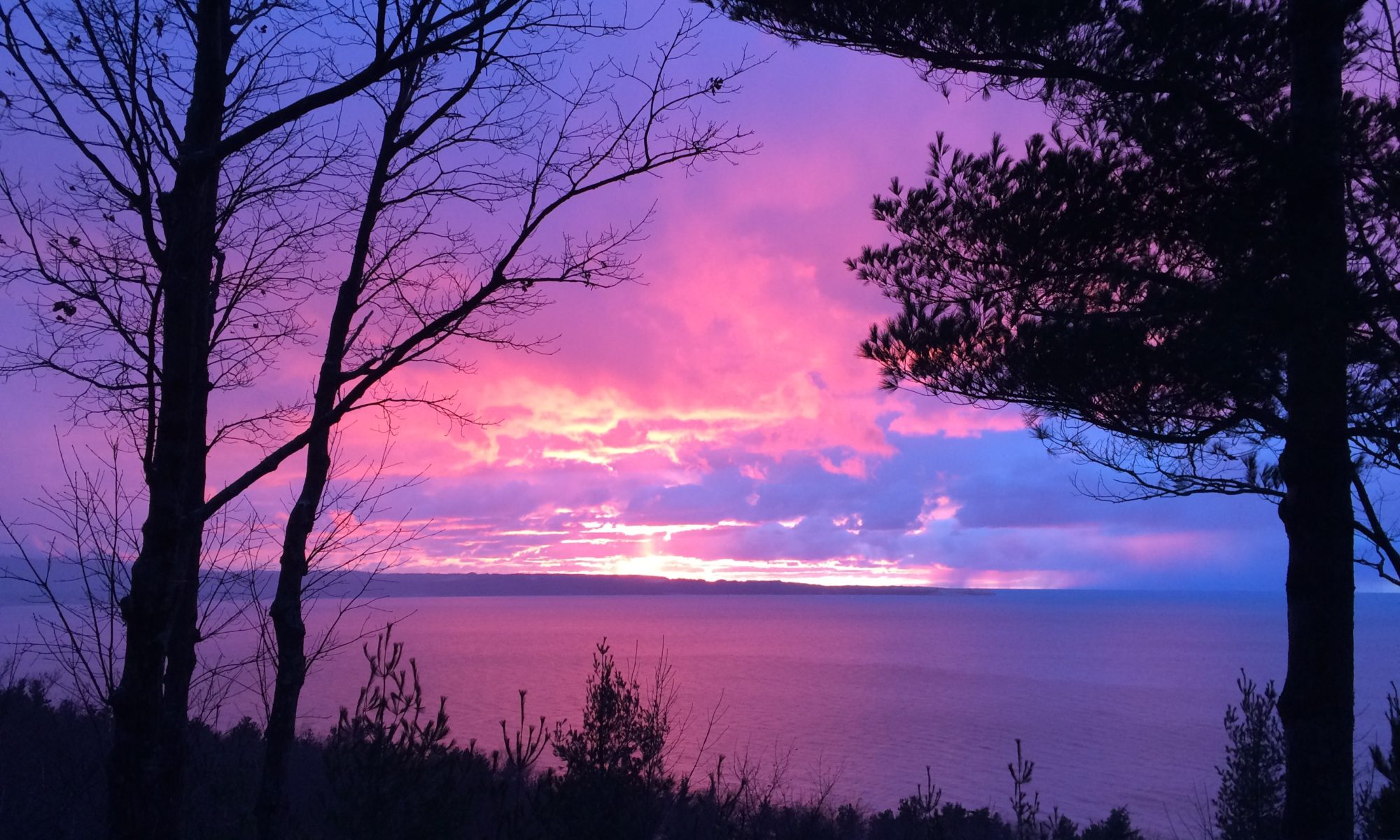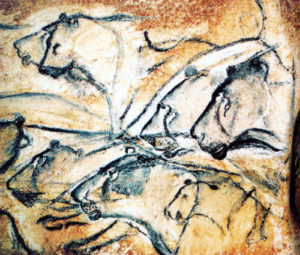Today, like most days, when I opened this window to make a note about today’s observation of evidence of a friendly universe, I have to pause for a moment and try and think of something. My mind runs over several things considering whether there’s something friendly about them. I kind of do a quick inventory. I found myself looking towards the interactions I had with people today. Was there something in them of the friendly? And I look around me, which is mostly office supplies of various sorts — desk, computer, pen, paper, (stupid) smart phone. These things don’t scream out “friendly.”
But then I look on my windowsill at an aloe plant that is fighting for its life. Something about the natural shape of the plant, the color of the leaves, does whisper “friendly.” I used to keep a few aquariums of fish. Something about that always whispered “friendly.”
The computer does not. The phone does not. I know the manufacturers and designers work hard to make them whisper “I’m friendly,” or make them think they’re your friend, but they’re not. They just lay there and do what you tell them. Your friends don’t just lay there; they give you shit when you deserve it; they talk back; they have different opinions; they don’t like everything you like; they don’t necessarily “like” what you tell them to like (referencing Facebook — it’s not the real world, folks). You can’t just click a human friend until they take the shape you want. They rebel. That’s a real friend. The one that says, “no way,” but then still sticks around. The virtual friend of course sticks around, or is easily replaced if you have to get rid of them, not because they disagreed, maybe, but because you clicked them wrong.
It’s the naturally-formed objects — plants, people, cats — that whisper “friendly” to me most readily. OK, some cats. Rats. Rats are friendly, I think. But the natural form feel inherently warm and friendly. Even snow does. Why is that?
Evidence of a friendly universe: that the naturally-formed shape, the authentic personality, the unadulterated soul, the essence of humanness, feels warm and safe to me. The constructed, artificial personality or object does not.
Maybe my inclination to view much of the universe as hostile is that I am sensitive to artifice and despise it. However, we humans construct artifice all around ourselves, whether it’s houses to shelter us from rain, or clothes to shelter us from unwanted touch — whether it’s hands or cold air — or we don airs and pretenses, which are shelters from the negative judgments of others. I’ve got the roof and the clothes, but not the pretenses. In that sense I’m a nudist.
Q

